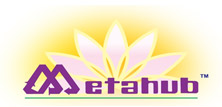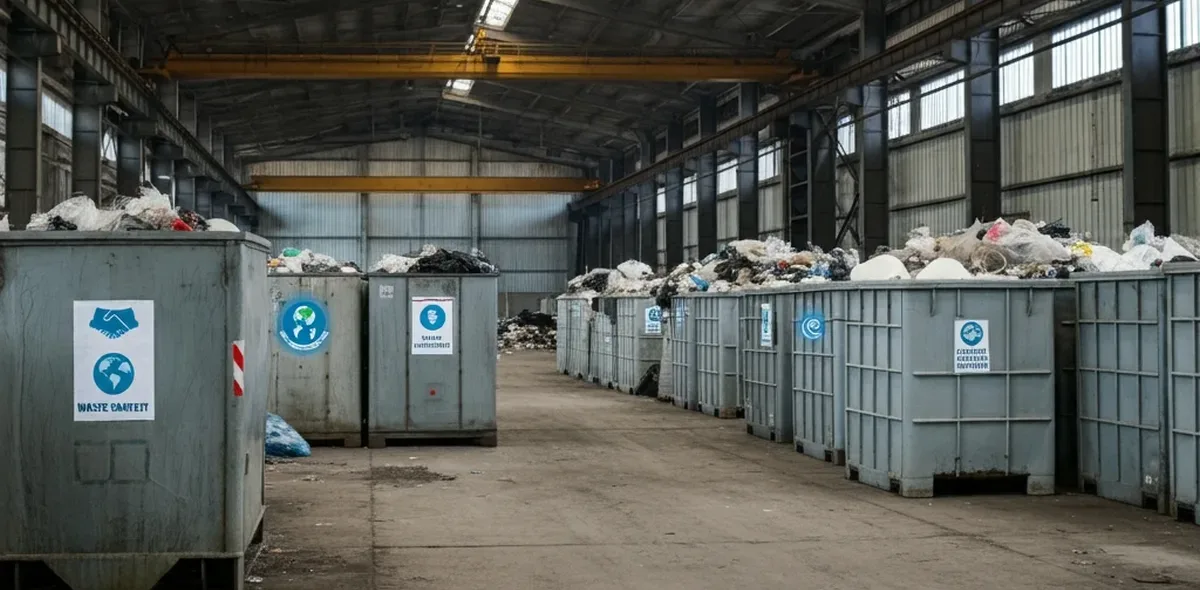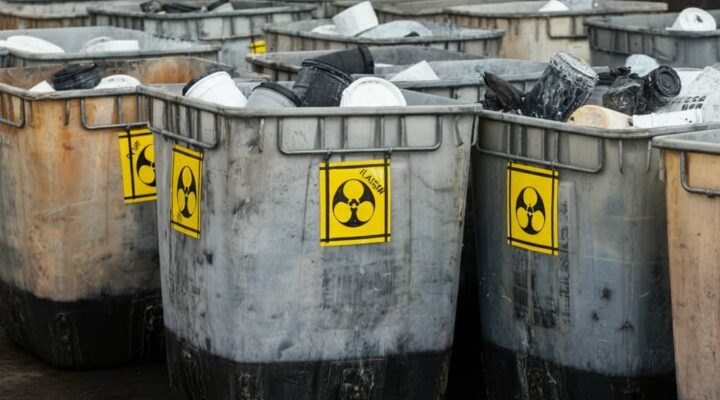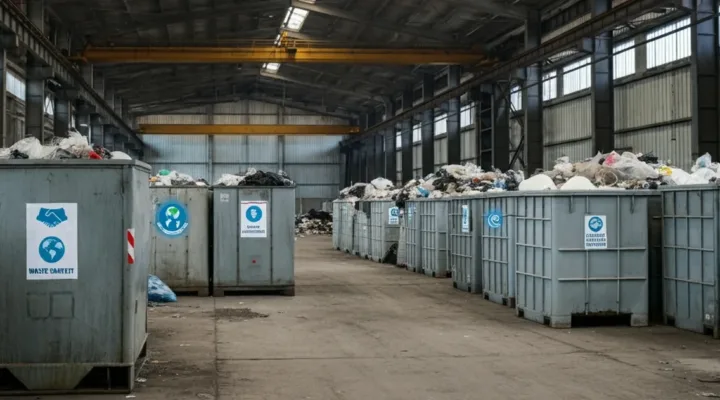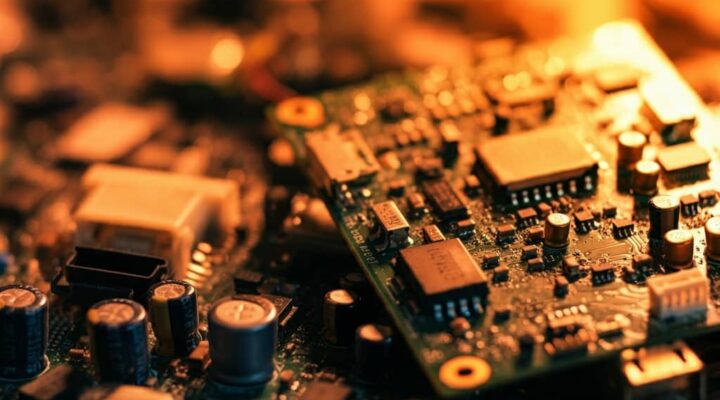Industrial scheduled waste is a significant concern for businesses in Malaysia, particularly for manufacturers generating large volumes of waste as part of their operations. Proper management and disposal of scheduled waste are crucial not only for regulatory compliance but also for protecting the environment and ensuring workplace safety. Inadequate waste management can lead to severe environmental pollution, health risks for workers and nearby communities, and costly legal consequences.
This guide provides a comprehensive overview of industrial scheduled waste, its types, and the importance of adhering to Malaysia’s regulations to ensure safe and compliant disposal. Understanding these regulations and adopting best practices for scheduled waste management can help businesses reduce liabilities, improve operational efficiency, and contribute positively to their corporate social responsibility goals.
What is Industrial Scheduled Waste?
Scheduled waste refers to hazardous waste that poses a risk to human health or the environment if not handled properly. In Malaysia, scheduled waste is regulated under the Environmental Quality (Scheduled Wastes) Regulations 2005, which classify different types of hazardous waste that require special handling and disposal. Unlike general industrial waste, scheduled waste contains harmful chemicals or materials that necessitate specific treatment to prevent environmental contamination.
Scheduled waste typically includes chemicals, heavy metals, used oils, and e-waste that can be toxic, corrosive, flammable, or reactive. These properties make it essential to properly classify and manage such waste to avoid contamination. Correctly identifying scheduled waste is crucial for ensuring proper disposal and compliance with regulations. Businesses must establish protocols to classify waste accurately and maintain comprehensive records to meet regulatory requirements.
Types of Industrial Scheduled Waste in Malaysia
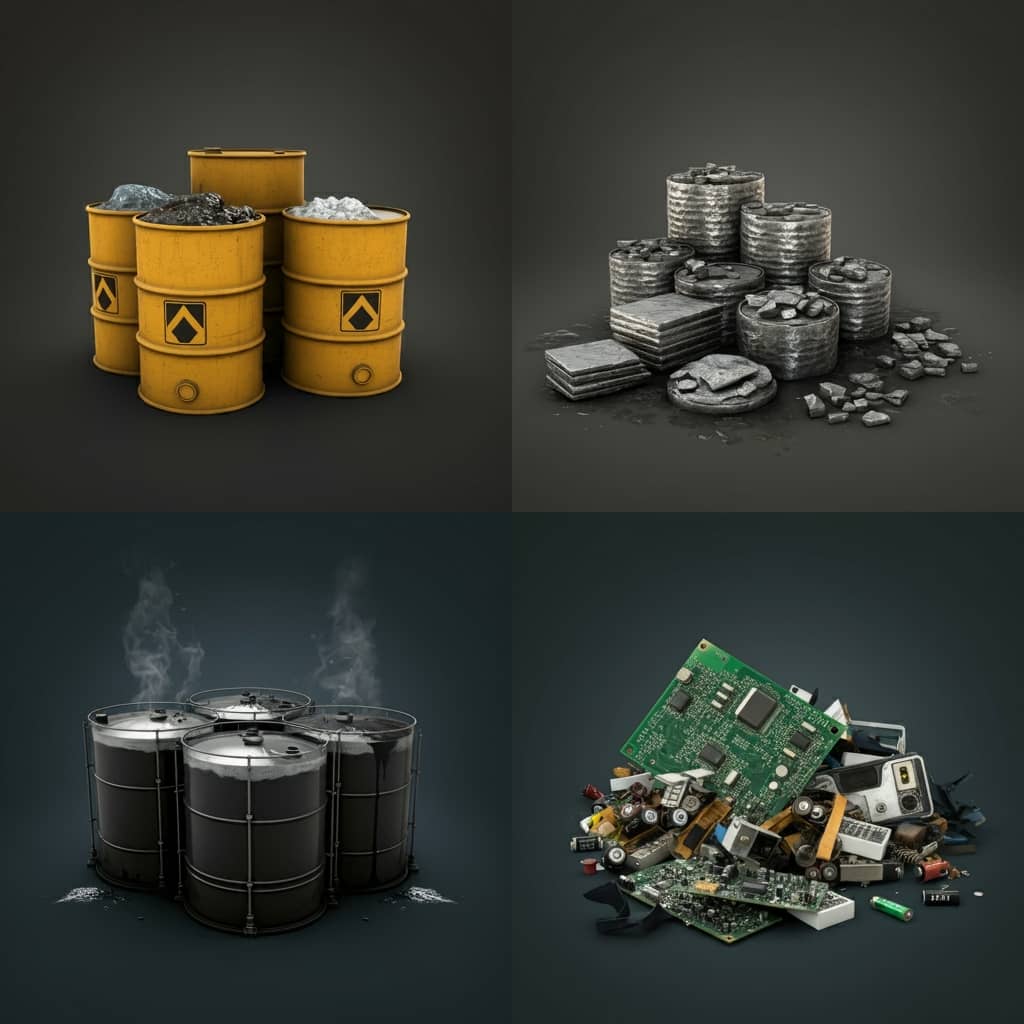
Malaysia generates various types of scheduled waste through industrial activities. Below are some of the most common types of scheduled waste produced:
- Chemical Waste: This includes spent acids, alkalis, and solvents, often generated by chemical manufacturing, metal finishing, and electronics industries. These chemicals are highly hazardous and need proper treatment to avoid contamination of soil and water. If improperly handled, chemical waste can lead to serious water pollution issues, affecting aquatic ecosystems and potentially entering the food chain.
- Heavy Metals: Industries such as metal plating, electronics, and battery manufacturing produce waste containing heavy metals like lead, cadmium, and mercury. Heavy metals are persistent in the environment and can bioaccumulate, posing significant health risks to humans and animals. Improper disposal can lead to heavy metal accumulation in the environment, potentially contaminating soil and water sources for decades.
- Oil Waste: Used oils, lubricants, and oil sludge are common in industries involving machinery, automotive services, and manufacturing. Improper handling of oil waste can lead to groundwater contamination and soil degradation. Oil waste can create an impenetrable layer on soil and water surfaces, obstructing water infiltration and oxygen transfer, which are vital for plant and aquatic life.
- E-Waste: Electronic waste, including circuit boards, batteries, and components, contains hazardous substances such as cadmium and lead. The improper disposal of e-waste can lead to the release of toxic substances into the environment, posing a risk to human health. Proper disposal and recycling are crucial to prevent environmental harm and recover valuable materials, such as precious metals used in electronic devices, which also helps reduce mining activities and resource depletion.
The Importance of Proper Scheduled Waste Disposal
Each type of scheduled waste has specific requirements for handling, treatment, and disposal. Failure to adhere to these requirements can lead to environmental pollution, legal consequences, and potential harm to communities and ecosystems. Businesses must understand these requirements to effectively manage each type of waste.
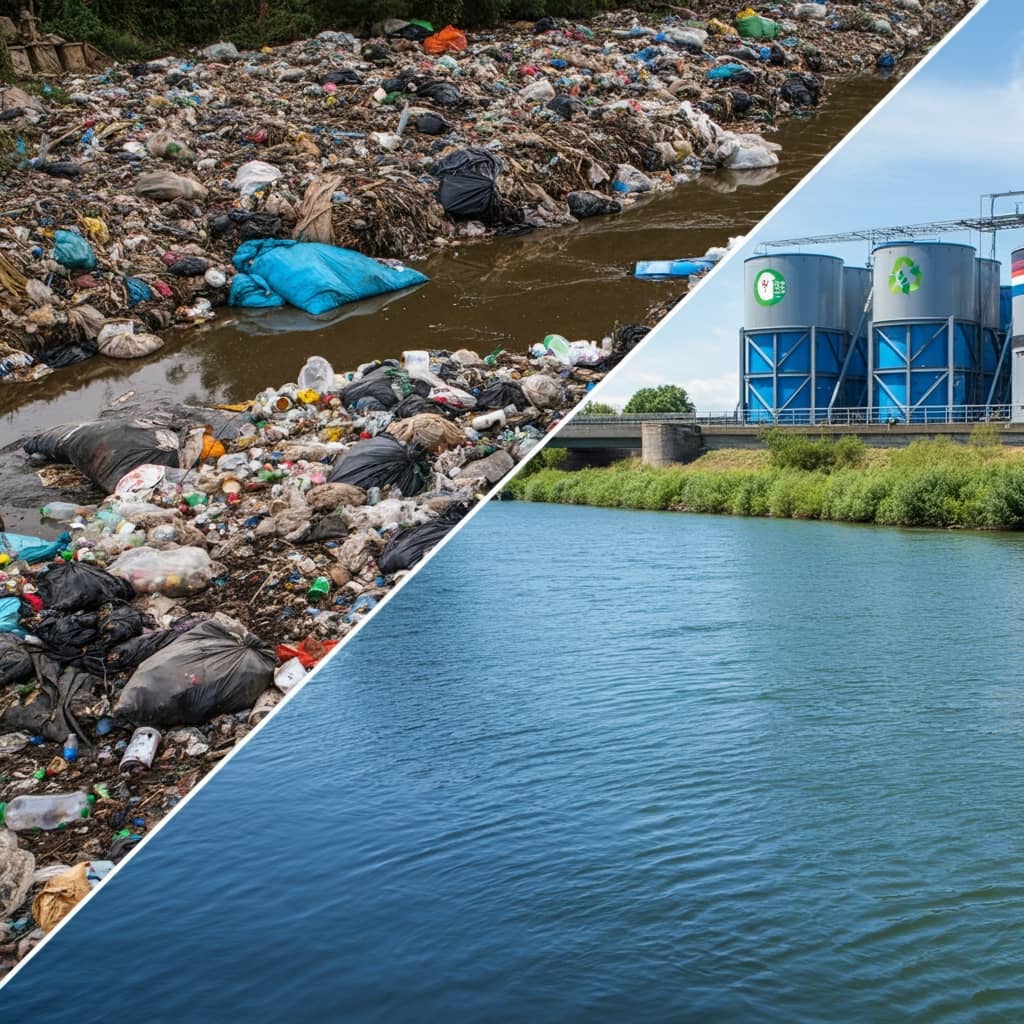
- Environmental Impact: Improper disposal of scheduled waste can lead to contamination of soil, water, and air, affecting ecosystems and causing long-term damage to natural resources. Pollutants from scheduled waste can leach into groundwater or be released into the air, contributing to pollution and environmental degradation. Such contamination not only threatens biodiversity but also makes natural resources unsafe for human use, impacting agricultural productivity and drinking water supplies.
- Health Risks: Hazardous waste poses serious health risks to both workers and the surrounding community. Exposure to chemicals or heavy metals can lead to respiratory problems, skin conditions, and even long-term chronic illnesses such as cancer. Workers handling hazardous waste without proper safety measures are at risk of developing occupational illnesses, and surrounding communities may face health issues due to environmental contamination.
- Legal Compliance: Businesses must comply with regulations such as the Environmental Quality Act 1974 and Scheduled Wastes Regulations 2005 to avoid fines, legal action, and reputational damage. Compliance ensures that waste is managed in an environmentally responsible manner and reduces the risk of penalties associated with non-compliance. Failure to comply can result in costly shutdowns, fines, and damage to a company’s reputation, making compliance a critical aspect of risk management.
Industrial Scheduled Waste Disposal Methods
There are several methods for managing and disposing of scheduled waste in Malaysia, depending on the type of waste generated and the capabilities of the business.
- In-House Treatment and Disposal: Some businesses choose to set up in-house treatment facilities to manage their waste. This can include processes like neutralization, filtration, or other treatment methods tailored to the specific waste types generated. In-house treatment provides greater control but requires significant capital investment and ongoing maintenance. Businesses need to ensure they have the necessary expertise to operate these facilities safely and maintain compliance with evolving regulations. Despite the benefits of control and potential cost savings, the high initial cost and operational risks may be prohibitive for small and medium-sized businesses.
- Outsourcing to Licensed Contractors: Many businesses opt to outsource scheduled waste disposal to licensed contractors. These contractors have the expertise, equipment, and certifications needed to handle hazardous waste safely and in compliance with regulations. Outsourcing helps businesses save on infrastructure costs and ensures professional handling of hazardous materials. Licensed contractors also stay updated with changes in waste management regulations, which helps ensure compliance. Outsourcing can be particularly beneficial for companies with limited resources or those that do not generate huge quantities of hazardous waste.
- Hybrid Approach: A hybrid approach involves combining in-house pre-treatment of waste with outsourcing for final disposal. This is particularly useful for industries that can handle some of the simpler waste management processes internally but require professional expertise for more complex waste streams. For example, a business may choose to neutralize acidic waste in-house before outsourcing the remaining sludge to a contractor for proper disposal. The hybrid model offers flexibility and cost efficiency, allowing businesses to leverage their internal capabilities while relying on external expertise for more demanding tasks.
Steps for Businesses to Manage Scheduled Waste
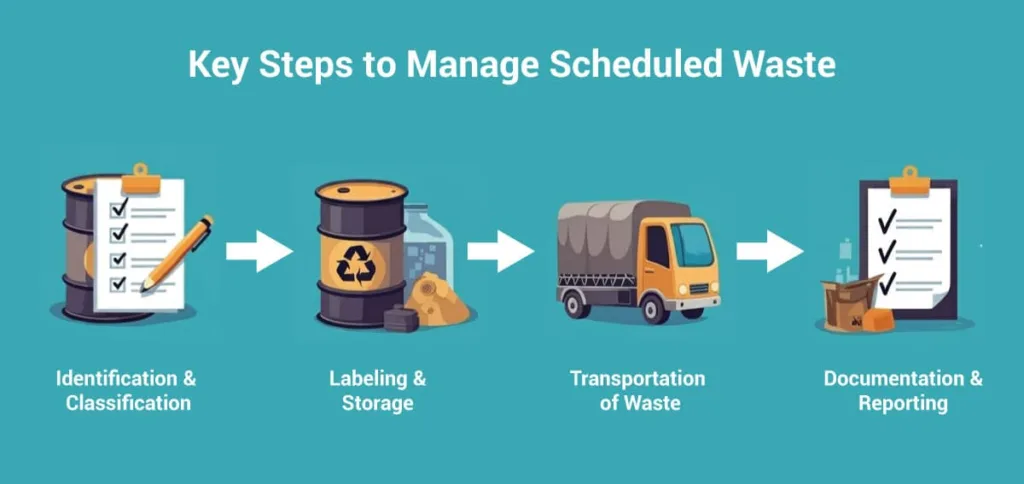
Proper management of scheduled waste involves several steps to ensure compliance and minimize environmental impact:
- Identification and Classification: Businesses must identify and classify the types of scheduled waste generated. Proper classification is crucial for determining the appropriate disposal methods and complying with regulations. Misclassification can lead to improper disposal and regulatory violations, which may result in heavy fines or environmental harm.
- Proper Labeling and Storage: Scheduled waste must be stored safely to prevent leaks or spills. Storage areas should be clearly labeled, and containers must be designed to contain hazardous substances without risk of leakage. Businesses must ensure that waste is stored according to specific requirements, such as temperature control, container type, and segregation to prevent reactions between incompatible wastes.
- Transport and Disposal: Engaging a licensed contractor for the transport and disposal of scheduled waste is critical for compliance. Licensed contractors ensure that waste is safely transported to treatment or disposal facilities without risk of environmental contamination. Transport vehicles must be appropriately marked, and personnel must be trained to handle hazardous materials during transit.
- Documentation: Maintaining proper records is essential for regulatory compliance. Businesses must document the types of waste generated, storage details, and disposal methods. This information is often required by the Department of Environment (DOE) during inspections. Accurate documentation helps track waste from generation to final disposal and ensures accountability.
For detailed guidance on how to dispose of scheduled waste effectively in Malaysia, visit our How to Dispose Scheduled Waste in Malaysia page.
Key Regulations Governing Scheduled Waste in Malaysia
Malaysia’s regulatory framework for scheduled waste management is based on the Environmental Quality Act 1974 and the Scheduled Wastes Regulations 2005. These regulations specify the responsibilities of businesses in managing hazardous waste, including storage, treatment, and documentation. The Environmental Quality Act 1974 provides a broad framework for environmental protection, while the Scheduled Wastes Regulations 2005 outline specific requirements for handling and disposing of hazardous waste.
Additionally, the recent Zero Discharge Policy (ZDP) launched by the Selangor State Government encourages businesses to recycle and reuse effluent instead of discharging it, promoting a more sustainable approach to waste management. The ZDP aims to minimize pollution by encouraging industries to adopt cleaner technologies and practices that reduce or eliminate waste discharges. Compliance with ZDP can help industries align with global sustainability trends and improve their environmental performance.
Benefits of Proper Scheduled Waste Management
Properly managing scheduled waste can lead to multiple benefits for businesses, the environment, and the community. Below are some of the key advantages of effective waste management:
- Environmental Sustainability: Proper waste management helps reduce pollution and promotes the sustainable use of natural resources. Recycling and reusing waste materials also contribute to sustainability efforts. By treating waste effectively and minimizing releases to the environment, businesses can play a crucial role in preserving ecosystems and preventing resource depletion. For example, we have a client who chose to dispose of their scheduled waste through us, diverting it from landfills. Instead, the waste was utilized in our advanced metal recovery process, contributing to the circular economy by reclaiming valuable resources, minimizing environmental impact, and improving their ESG performance.
- Cost Management: By effectively managing waste, businesses can reduce disposal costs, avoid fines, and improve efficiency. Proper treatment and waste reduction can also lead to long-term cost savings. Implementing waste minimization programs can help businesses identify areas for resource conservation, leading to further reductions in operational costs.
- Corporate Social Responsibility (CSR): Businesses that adopt best practices for scheduled waste management enhance their corporate reputation. Demonstrating a commitment to environmental responsibility can improve brand image and foster trust with stakeholders and the community. Effective waste management can also open up opportunities for green certifications, which can be leveraged for marketing purposes and to attract environmentally-conscious consumers.
Common Challenges in Scheduled Waste Disposal
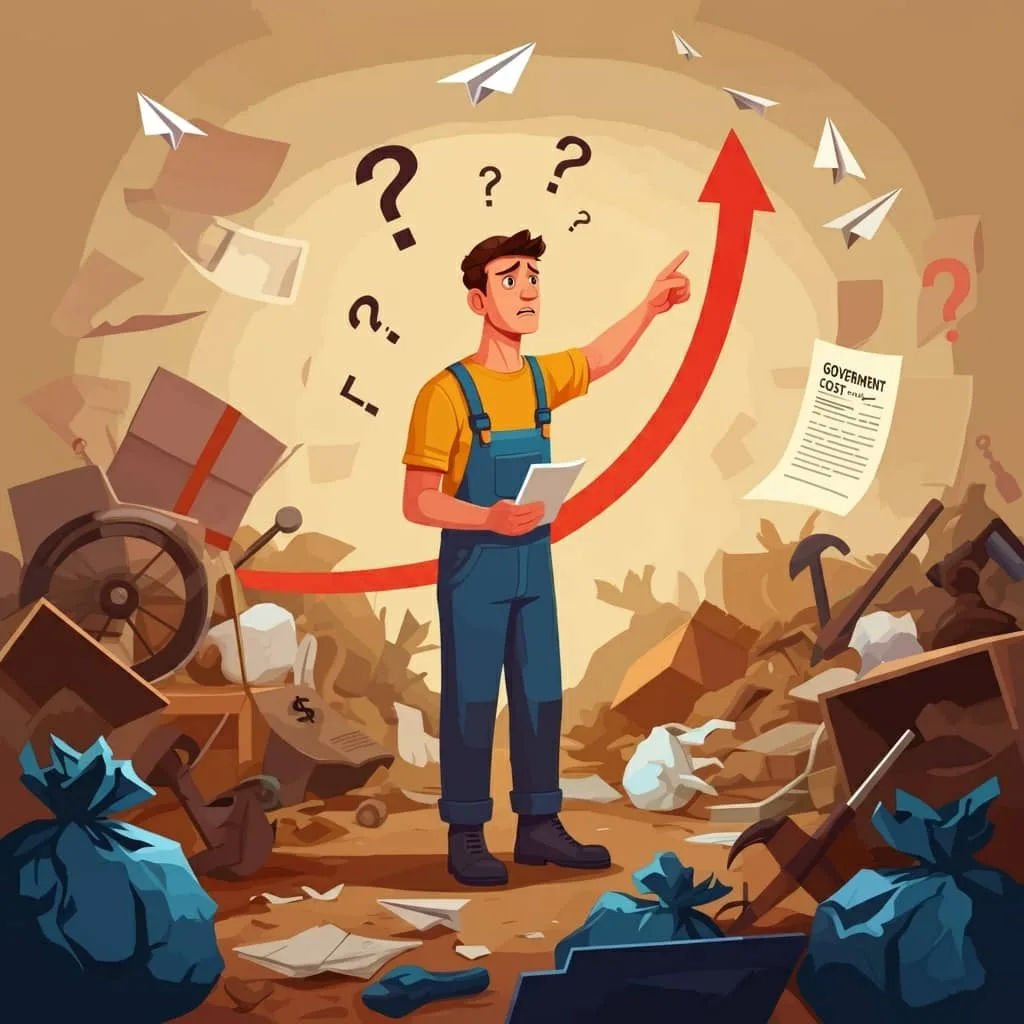
For businesses navigating the complexities of scheduled waste management, several challenges often arise, making effective waste management more difficult. Below are some common challenges faced by businesses in Malaysia:
- Lack of Awareness: Many businesses struggle with understanding the regulations and requirements for managing scheduled waste, leading to improper handling and disposal. Lack of awareness can lead to inadvertent non-compliance, which may result in fines, environmental damage, or both. Educational programs and training for staff are crucial to bridging this gap.
- High Costs: Proper treatment, storage, and disposal of scheduled waste can be costly, particularly for small and medium-sized enterprises. These costs include infrastructure, transportation, and contractor fees. Businesses may find it challenging to allocate sufficient budgets to waste management, leading to shortcuts and improper disposal practices that can result in penalties.
- Regulatory Changes: Evolving regulations, such as the Zero Discharge Policy (ZDP), require businesses to stay updated and adapt their waste management practices accordingly. These changes can add complexity and costs for businesses, especially those with existing infrastructure that may not comply with new standards. Keeping up with these changes requires a proactive approach to regulatory compliance.
Conclusion
Proper management of industrial scheduled waste is essential for businesses to meet regulatory requirements, minimize environmental impact, and protect public health. By understanding the types of scheduled waste, adopting the right disposal methods, and adhering to Malaysian regulations, businesses can ensure compliance and contribute to a cleaner, safer environment.
For expert guidance on scheduled waste disposal, Metahub is here to help. Our team of professionals specializes in providing tailored waste management solutions to ensure your business meets all regulatory requirements while adopting sustainable practices.
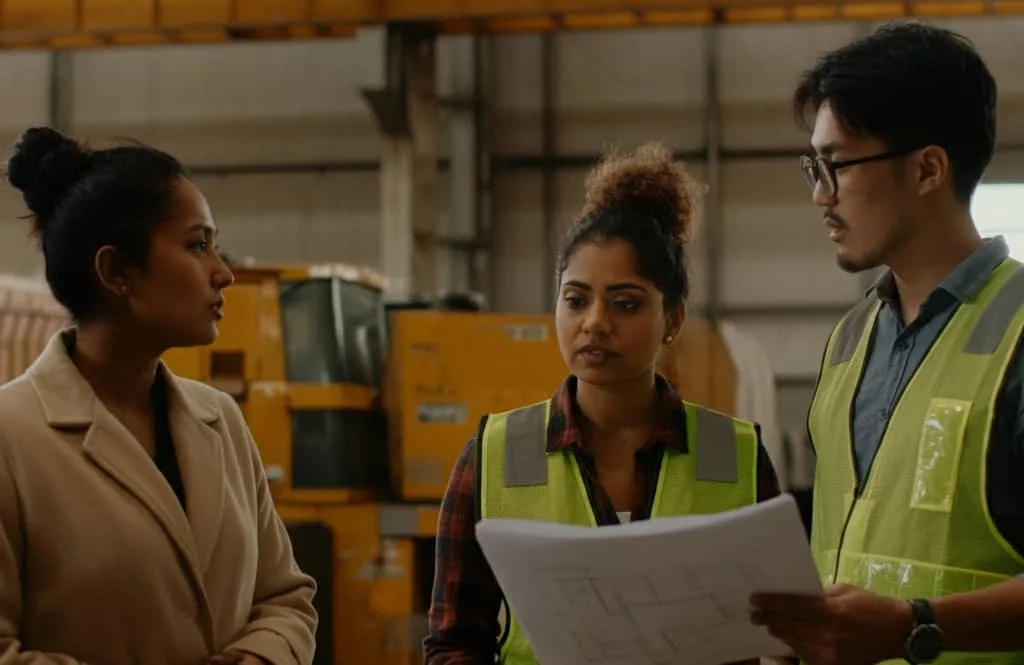
Metahub is a licensed waste management company in Malaysia specializing in scheduled waste disposal. We provide customized waste solutions for industries like automotive, manufacturing, and chemical production. With our expertise in handling wastes like SW110, SW204, SW206, and SW401, we ensure your business stays compliant while minimizing environmental impact. To explore the full list of approved scheduled wastes we manage, visit Our Services page for more details.
Our Key Advantages
- 20 Years of Experience: Established since 2005, we are one of the largest recyclers & full-time waste management companies based in Johor, Malaysia.
- Large Approved Quota: Our substantial approved quota allows us to handle large volumes of waste disposal, accommodating even the most demanding requirements.
- Sustainable Practices: Focus on developing ecologically friendly alternatives to repurpose resources derives from a wide range of industrial wastes.
- Zero Discharge Technology: Our state-of-the-art wastewater treatment plant utilizes zero discharge technology, aligning with the Selangor Zero Discharge Policy and supporting your company’s sustainability goals.
Get in touch with Metahub today to understand how our licensed waste management solutions can help your business meet its scheduled waste disposal obligations. Contact us for a consultation and let’s ensure your waste is managed responsibly and legally.
